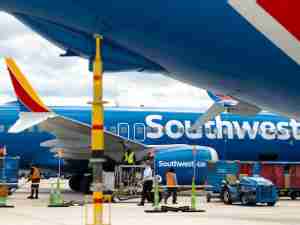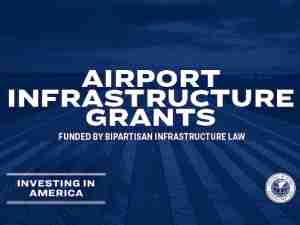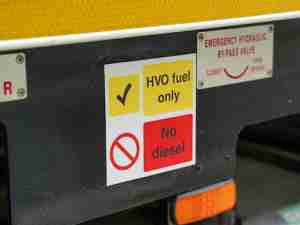Boeing sticks with 747 production plans despite sales drought
By: Reuters | Sep 08 2015 at 05:00 PM | Air Cargo | International Trade
Boeing Co said it is sticking to current production plans for its 747 jumbo jet despite a canceled order that left no net new orders for the plane in 20 months.
Nippon Cargo Airlines Ltd, a unit of Nippon Yusen, canceled orders for four 747 freighters on Sept. 1, Boeing said, leaving no net new orders from this year or last. Boeing now has just 25 firm 747 orders, equal to about two years of production, for the $379 million jumbo.
The cancellation will have "no impact on production rates," Boeing spokesman Doug Alder told Reuters.
The slump in sales of very large aircraft has raised questions about how long Boeing and European rival Airbus Group NV can keep building double-decker planes, with 2015 a make-or-break year for both.
Airbus' competing A380 has booked no orders since 2014 from commercial airlines and has 148 orders in backlog. Airbus is considering upgrading the 10-year-old plane's engines to stimulate sales.
If the sales slump continues, Boeing could face the prospect of taking an accounting charge of $1 billion or more on the 747-8 program, said Myles Walton, an analyst at Deutsche Bank. It was unclear how long Boeing could go without an order before triggering such an action. "There's a judgment certainly on the part of the company, its auditors and conversations with customers," he said.
Boeing has flagged the charge risk in quarterly filings, and said Friday there was no change regarding that due to Nippon's cancellation.
The 747 does have some sales prospects. Boeing won a commitment in June for 20 747s from Russian cargo airline Volga-Dnepr Group. The U.S. Air Force also agreed to buy an unspecified number of 747s for the Air Force One presidential fleet, which currently has two planes. Neither commitment has been converted to a firm order.
To keep 747 assembly running, Boeing has notched down output and cut costs. Output is due to fall to one plane monthly in March from 1.3. A level below one is considered difficult to sustain.
To some extent, the 747 and A380 are victims of engineering success. Long-range twin-engine planes have largely eclipsed the capabilities of the less-fuel-efficient four-engine 747 and A380. A weak cargo market also has cut 747 freighter sales.
Boeing says at least 143 older freighters will need to be replaced and sees demand for 540 very large aircraft over the next 20 years. Airbus sees a market for 1,551 such planes.











